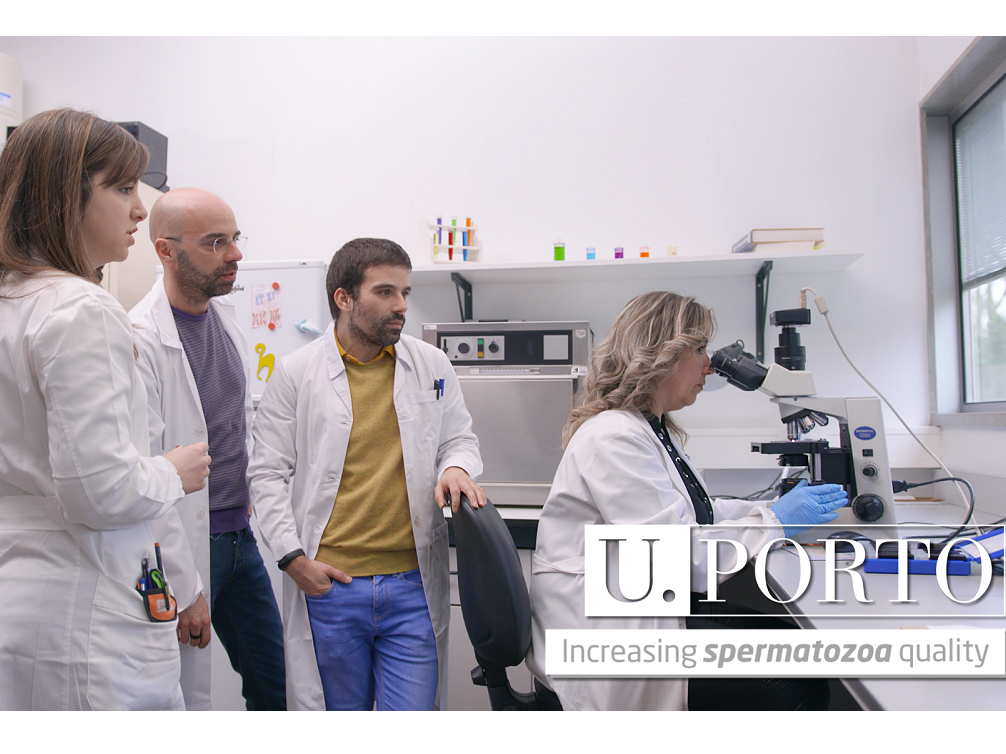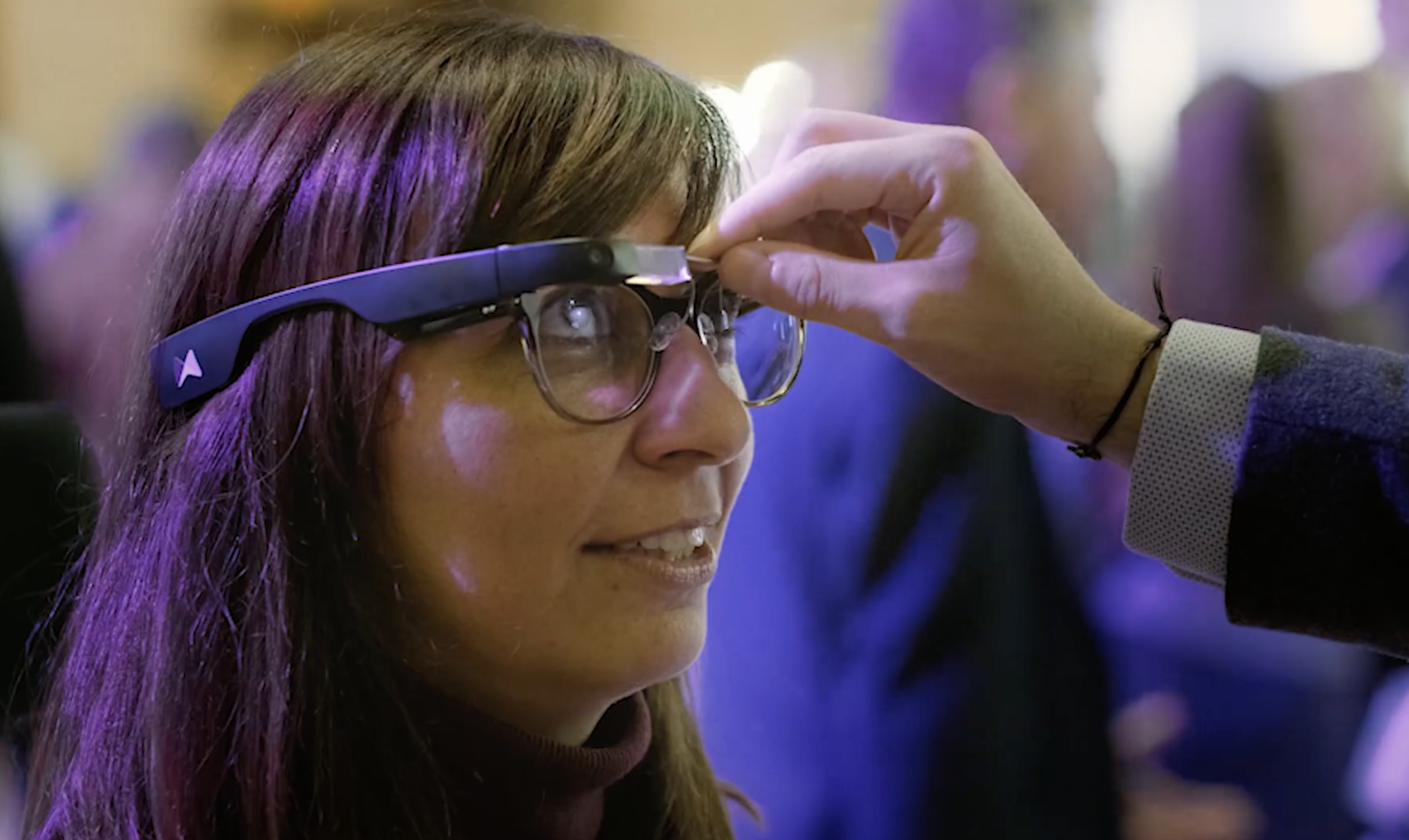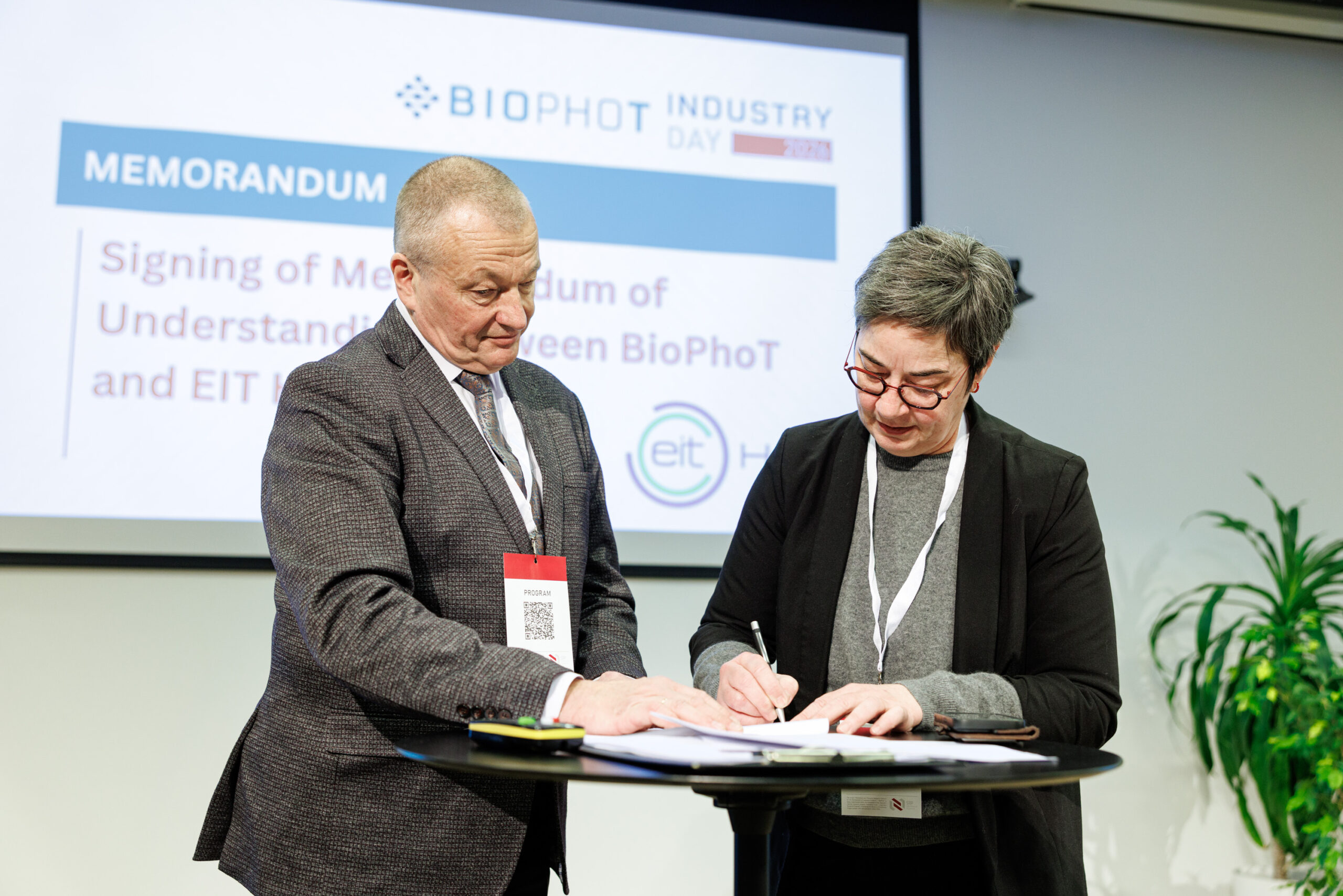6th August 2018
Improving the way sperm is preserved for a successful fertilisation
With the global fertility rate decreasing, there is a growing demand for fertility treatments. The University of Porto (part of the RIS Hub) has developed a new solution to this problem.

After the treatment begins, a sperm sample steadily loses its quality, reducing the chances of a successful fertilsation. The solution is to improve the way sperm is preserved through a new use of a compound, discovered at the Institute of Biomedical Sciences Abel Salazar (ICBAS).
To date, tests with this activator demonstrated that it is possible to keep the gametes at 37 degrees without losing their motility and without the occurrence of DNA level oxidative damage.
Marco Alves, the responsible researcher of the group of scientists behind this invention, said, “the fertilisation capacity of sperm remained intact.”
The inventors are currently trying to collaborate with the industry, where a major pharmaceutical company has already showed interest. The ultimate goal is to take the innovation further by demonstrating its potential for application.
“Using this compound, we can, for example, try to develop a male contraceptive or treat men with sperm motility problems, the so-called asthenozoospermia,” says Marco Alves.
Watch the video below to learn more about increasing spermatozoa quality:
When Ideas Meet Ambition - How Impact Happens at EIT Health

How Impact Happens at EIT Health
EIT Health and BioPhoT Sign Memorandum of Understanding to Strengthen Health Innovation Collaboration

Strengthening health and life-science innovation in Latvia
